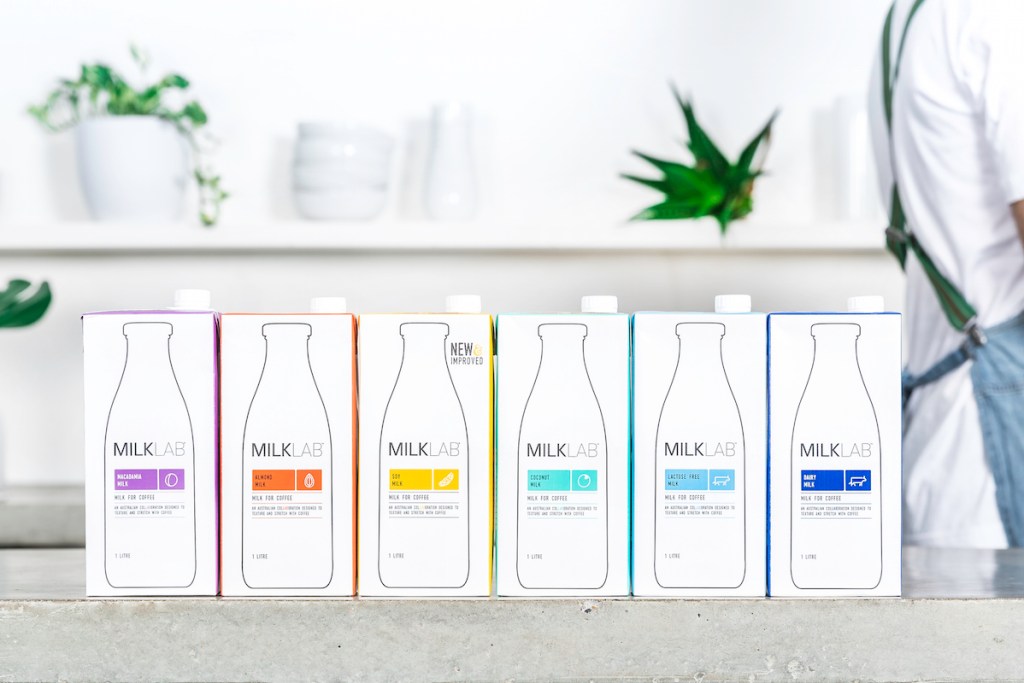The full scale of Freedom Foods’ accounting scandal have been revealed in its full year results, with the business reporting a blowout of around $590 million in write-downs.
To recoup losses and recapitalise the business, Freedom Foods will need to raise $280 million and is currently in talks with a new investor to support the capital raising.
The fallout of the scandal has already seen former CEO Rory McLeod and former CFO Campbell Nicholas forced to step down.
Now, Non-Executive Chairman Perry Gunner and Non-Executive Director Trevor Allen, who is also Chair of the Finance and Audit Committee, have both indicated that they will retire from the Board at the time of the AGM on 29 January.
Freedom Foods Group Interim CEO, Michael Perich, said the results are “deeply disappointing” for the group, its people and shareholders.
“The results reflect the significant costs of past accounting and operational matters – matters we have identified with the assistance of independent experts and are taking steps to remedy.
“The new executive team, with the support of the Board, is transforming Freedom Foods Group.
“We have implemented a clear focus on operational accountability, improved cashflow reporting, reduced outstanding payables and improved customer and supplier terms. We have reviewed and improved many of the governance frameworks and policies, undertaken a culture review and improved engagement with employees.
“Operationally, we are reviewing the economics of every product line, every site, every sales channel and every market segment to ensure we are focused on those brands with the greatest potential to deliver profitable sales.
Perich said that the company would be undertaking a strategic product review that will see underperforming products offloaded.
“Freedom Foods needs to become a simpler business – and that includes identifying parts of our business that may perform better under different ownership.”
“We are confident the difficult decisions we have taken today – and further decisions to be made in coming months – will lay the foundations for a simplified but strengthened Freedom Foods Group with enormous growth potential in its key markets of Dairy and Nutritionals and Plant-Based Beverages.
“With the right capital structure, culture, people, systems and discipline across all components of the business – from manufacturing to marketing – we remain confident we can reclaim our standing as one of Australia’s most successful food and beverages businesses.”
The beleaguered company behind brands such as MilkLab and Messy Monkeys, reported a net loss of $174.5 million for FY20.
Net sales increased 26 per cent to $580.2 million, with domestic sales up 25 per cent to $470.2 million and export sales up 29 per cent to $109.8 million.
EBITDA losses decreased slightly to $86.5 million from $88 million in FY19.
“Despite the significant challenges of the past year and the impact of COVID-19, particularly on out-of-home sales, the potential of Freedom Foods Group can be seen in the sales growth in key segments delivered over the full year,” says Perich.
“We are tapped into rapidly growing markets that provide strong tailwinds for Freedom Foods Group. These include the rise in demand for plant-based beverages and the growing recognition of the health benefits of lactoferrin.
“We anticipate continued sales growth in Dairy and Nutritionals and Plant-based Beverages in FY21, with increased penetration of MilkLab in the out-of-home market, growth of Vital Strength and other nutritionals brands and increasing inroads in Asian export markets.
“We are committed to restoring the Group to sustainable and long-term profitable growth.”
Key impacts include:
- $372.8 million from a reduction in asset values reflecting changes to accounting policies and practices related to the capitalisation of capital works costs;
- $75.9 million in write-downs of goodwill and brands;
- $60.1 million in write-downs of out-of-date, unsaleable and obsolete inventory; and
- $38.9 million from a reduction in the value of capitalised new product costs reflecting changes to accounting policies and practices.

